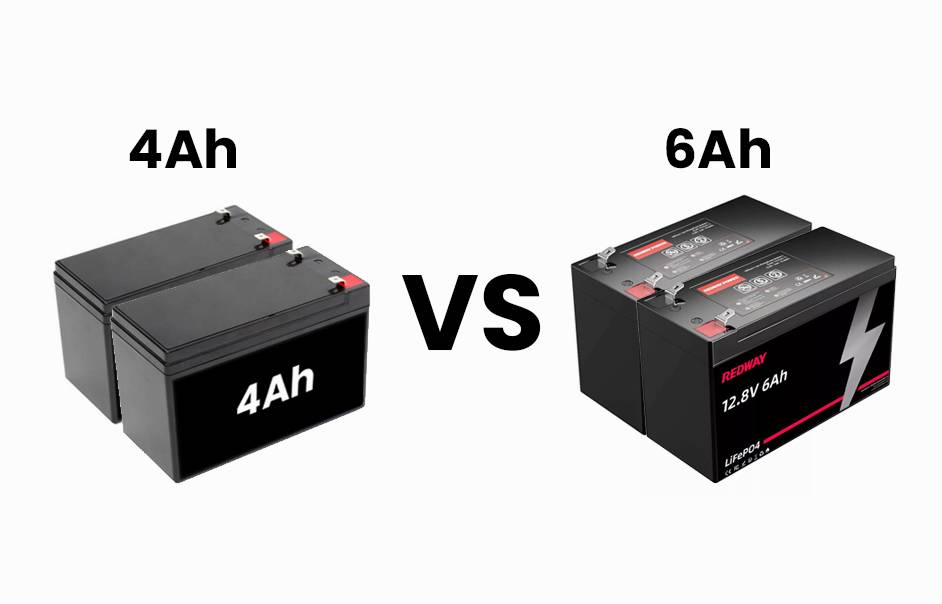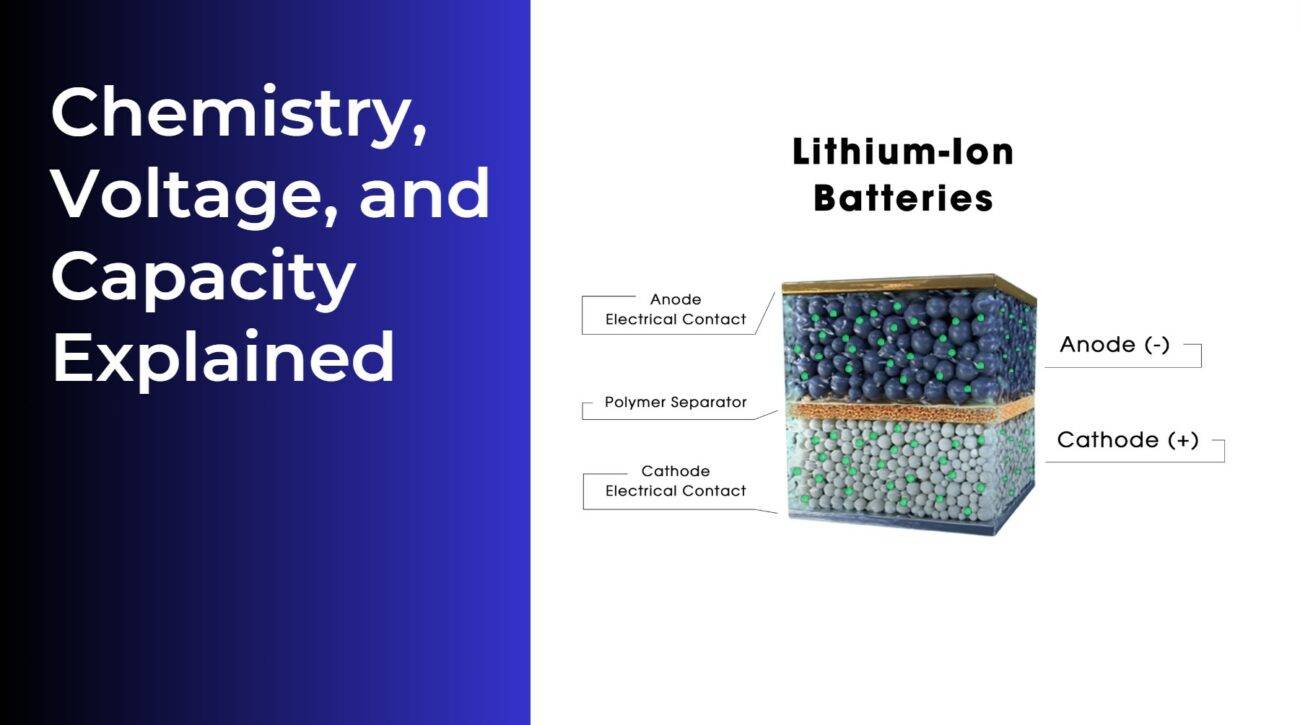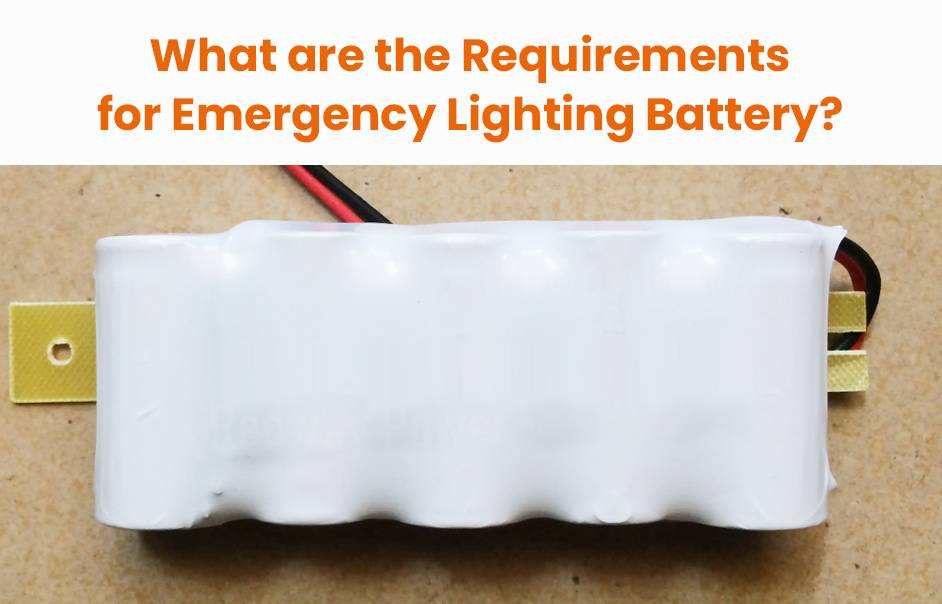- Lithium Golf Cart Battery
- Forklift Lithium Battery
-
48V
- 48V 210Ah
- 48V 300Ah
- 48V 420Ah (949 x 349 x 569 mm)
- 48V 420Ah (950 x 421 x 450 mm)
- 48V 456Ah
- 48V 460Ah (830 x 630 x 590 mm)
- 48V 460Ah (950 x 421 x 450 mm)
- 48V 460Ah (800 x 630 x 600 mm)
- 48V 460Ah (820 x 660 x 470 mm)
- 48V 500Ah
- 48V 560Ah (810 x 630 x 600 mm)
- 48V 560Ah (950 x 592 x 450 mm)
- 48V 600Ah
- 48V 630Ah
-
48V
- 12V Lithium Battery
12V 150Ah Lithium RV Battery
Bluetooth App | BCI Group 31
LiFePO4 Lithium
Discharge Temperature -20°C ~ 65°C
Fast Charger 14.6V 50A
Solar MPPT Charging - 24V Lithium Battery
- 36V Lithium Battery
- 48V Lithium Battery
-
48V LiFePO4 Battery
- 48V 50Ah
- 48V 50Ah (for Golf Carts)
- 48V 60Ah (8D)
- 48V 100Ah (8D)
- 48V 100Ah
- 48V 100Ah (Discharge 100A for Golf Carts)
- 48V 100Ah (Discharge 150A for Golf Carts)
- 48V 100Ah (Discharge 200A for Golf Carts)
- 48V 150Ah (for Golf Carts)
- 48V 160Ah (Discharge 100A for Golf Carts)
- 48V 160Ah (Discharge 160A for Golf Carts)
-
48V LiFePO4 Battery
- 60V Lithium Battery
-
60V LiFePO4 Battery
- 60V 20Ah
- 60V 30Ah
- 60V 50Ah
- 60V 50Ah (Small Size / Side Terminal)
- 60V 100Ah (for Electric Motocycle, Electric Scooter, LSV, AGV)
- 60V 100Ah (for Forklift, AGV, Electric Scooter, Sweeper)
- 60V 150Ah (E-Motocycle / E-Scooter / E-Tricycle / Tour LSV)
- 60V 200Ah (for Forklift, AGV, Electric Scooter, Sweeper)
-
60V LiFePO4 Battery
- 72V~96V Lithium Battery
- Rack-mounted Lithium Battery
- E-Bike Battery
- All-in-One Home-ESS
- Wall-mount Battery ESS
-
Home-ESS Lithium Battery PowerWall
- 24V 100Ah 2.4kWh PW24100-S PowerWall
- 48V 50Ah 2.4kWh PW4850-S PowerWall
- 48V 50Ah 2.56kWh PW5150-S PowerWall
- 48V 100Ah 5.12kWh PW51100-F PowerWall (IP65)
- 48V 100Ah 5.12kWh PW51100-S PowerWall
- 48V 100Ah 5.12kWh PW51100-H PowerWall
- 48V 200Ah 10kWh PW51200-H PowerWall
- 48V 300Ah 15kWh PW51300-H PowerWall
PowerWall 51.2V 100Ah LiFePO4 Lithium Battery
Highly popular in Asia and Eastern Europe.
CE Certification | Home-ESS -
Home-ESS Lithium Battery PowerWall
- Portable Power Stations
4Ah vs 6Ah Battery, Which is Better?

Battery technology has evolved, offering portable power solutions for our connected lives. In this blog post, we explore the differences between two popular choices: 4Ah and 6Ah batteries. The battery capacity of a 6Ah battery is 50% higher than that of a 4Ah battery. Under the same discharge conditions, its use time is longer than that of the 4Ah battery. Join us as we uncover their strengths, weaknesses, and guide you to make an informed decision on which one suits your needs best. Stay tuned for a deep dive into the world of batteries!
What is the Difference Between 4Ah and 6Ah?
4Ah vs 6Ah Battery in Capacity and Power Usage
Pros and Cons of 4Ah Battery
Pros of 4Ah Battery: A 4Ah battery offers a compact and lightweight design, reducing user fatigue and improving maneuverability. With lithium-ion battery technology, it delivers long-lasting fade-free power and runtime for a wide range of applications.
Cons of 4Ah Battery: One potential drawback of a 4Ah battery is its bulkier size and heavier weight compared to lower capacity batteries. This may affect portability and make it less suitable for certain devices or applications.
Explain:
- Pros of 4Ah Battery:
- Compact Size:
- Easy to handle and carry, particularly suitable for portable devices and tools.
- Shorter Charging Time:
- Recharges quickly due to its lower capacity, reducing downtime between uses.
- Compact Size:
- Cons of 4Ah Battery:
- Lower Power Output:
- Limited overall power output may lead to shorter usage durations compared to higher capacity alternatives.
- Limited for High-Energy Tasks:
- May not provide sufficient power for demanding tasks or equipment with high energy consumption over extended periods.
- Lower Power Output:
While the 4Ah battery excels in portability and quick recharging, its drawbacks in power output may pose challenges for tasks requiring extended usage or high energy demands. Consider your specific needs and applications when making a battery choice.
Pros and Cons of 6Ah Battery
Pros of 6Ah Battery: A 6Ah battery offers a higher capacity, providing longer runtime and more power availability. Its increased capacity makes it suitable for high-drain devices and applications that require extended use.
Cons of 6Ah Battery: The cons of a 6Ah battery include its bulkier size and heavier weight, which can affect portability and suitability for certain devices. Additionally, due to its larger capacity, the 6Ah battery may take longer to charge, which is a consideration for quick recharging needs.
Explain:
- Higher Capacity for Longer Run Times: The 6Ah battery holds more energy, making it ideal for prolonged usage in power tools or electric vehicles.
- Increased Power Delivery: Its higher capacity allows the 6Ah battery to deliver more power when needed, beneficial for demanding applications.
- Bulkier Size and Weight: On the downside, the 6Ah battery is larger and heavier, impacting portability and suitability for certain devices.
- Longer Charging Time: Due to its larger capacity, the 6Ah battery may take longer to charge, a consideration for quick recharging needs.
In conclusion, the choice between a 4Ah and a 6Ah battery depends on your specific requirements, balancing extended run times with considerations of size, weight, and charging times.
























